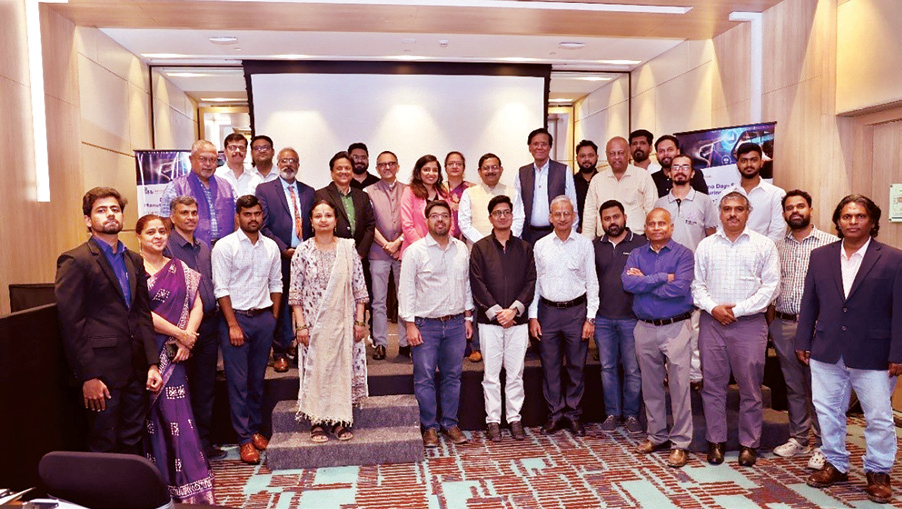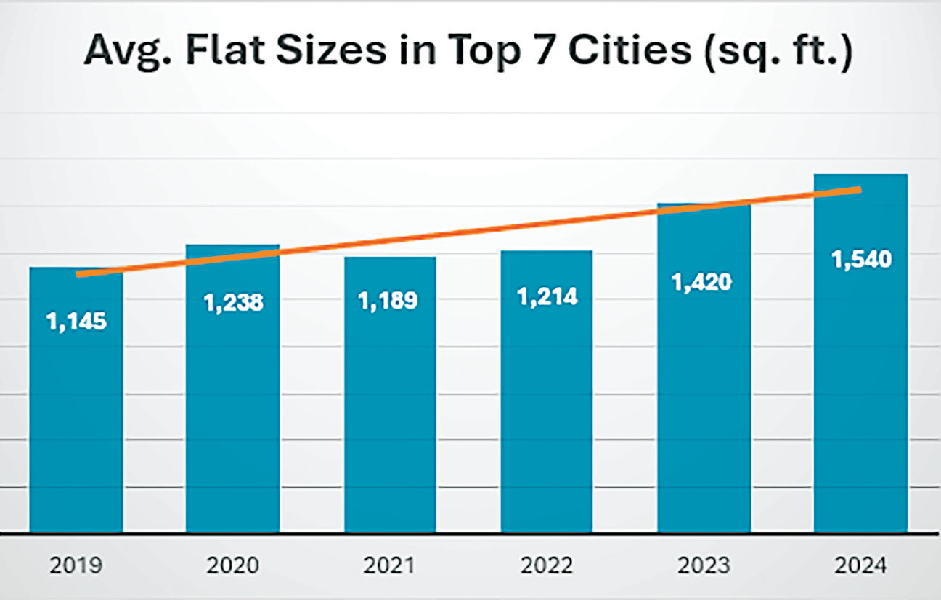
Baby blues
Rithu Dravid
After her first child, Malini was expecting to feel the euphoria of a new mother – all the things she saw in the media. Instead, she felt depressed and lonely. She wasn’t aware that this phenomenon is common among new mothers. “I did not have a support system to fall back upon. This turned into resentment towards my baby and thus affected my mental health and my wellbeing,” says she.
For young mothers, the state of wellbeing is the state of being healthy enough to nurture their new-borns and cope with psycho-physiological changes. Many new parents face problems as they are suddenly exposed to a wide array of issues. Malini is one of many mothers who face postnatal depression after giving birth. Postpartum depression, also known as postnatal depression, is a type of mood disorder associated with childbirth, which can affect both sexes. Infamously known as the ‘baby blues’, it causes insomnia, loss of appetite, intense irritability and difficulty bonding with the baby.
This is faced by 70 percent of the mothers, according to a recent study. However, these feelings are fleeting emotions that are not permanent but may cause a lifelong impact if left untreated. Rashmi, a mother of two children, had many problems relating to sleep deprivation after giving birth to her second child. “I wanted to give my child away for a brief period of time. It never let me sleep and this led to arguments within the family, many sleepless nights, and left me with a sense of sadness,” says she.
Mental Health is a serious issue and the stigma attached to it is even more a serious concern. While there is abundant data and resources on childcare, many tend to not give due importance to the mental health of mothers. Mothers go through a series of changes mentally and physically. Many book appointments with their doctors for physical screenings but ignore their mental health. Hence, there is an urgent need to address the elephant in the room. “Young mothers with postpartum depression require counselling therapy to help face the challenges they go through,” says Ruth Clements, a counsellor at One-to-One help and Accenture, based in Bengaluru.
She helps prepare young mothers face motherhood and the everchanging family dynamics. Additionally, she emphasizes on the importance of counselling: “Mothers who have suicidal tendencies due to PPD must go to counselling.
Talking about having suicidal thoughts is difficult due to the stigma attached to it, and it is much harder to talk about it as a young mother. However, it is lifesaving. It is important to remember that there are always solutions, and that there is no shame in talking about it.”
 English daily published in Bengaluru & Doha
English daily published in Bengaluru & Doha






